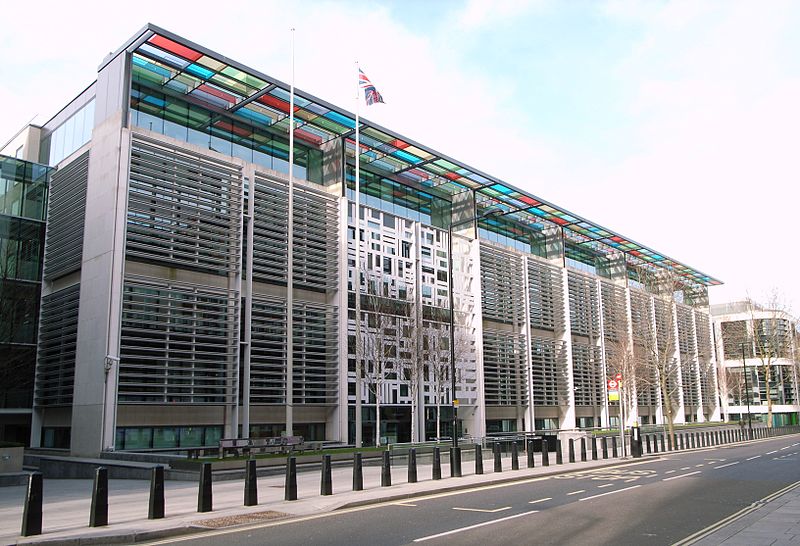
Shabana Mahmood promises “the most significant changes to our asylum system in modern times” ahead of major speech on Monday.
Most people granted asylum in the UK will no longer receive the right to settle permanently under radical reforms set to be unveiled by Home Secretary Shabana Mahmood.
In a major speech on Monday, Mahmood will outline plans to replace the current system of permanent resettlement with temporary protection, mirroring the model adopted in Denmark. Under the proposals, people granted asylum would be allowed to remain in the UK only until their home country is judged safe for return.
The changes would also introduce tighter rules on family reunification. Denmark currently requires refugees to be at least 24 before applying for their partners to join them—a restriction Mahmood is expected to echo.
In Denmark, refugees receive renewable two-year residence permits and must meet strict criteria—including language proficiency and three years of sustained employment—to be considered for permanent status. Visiting their home country can jeopardise their residency.
Mahmood is expected to challenge critics within her own party, signalling that the government intends to go further in reducing migration levels amid pressure from Reform UK. “If you don’t like this, you won’t like what follows me,” she is reported to have warned MPs.
Speaking on Friday, she said the government would deliver “the most significant changes to our asylum system in modern times”, pledging to “restore order and control” to migration. In a video posted on X, Mahmood said: “We need to reduce the numbers coming here illegally, we need to remove more people who have no right to be here. We will always be a country that gives sanctuary to those fleeing danger, but we must restore order.”
At present, people granted refugee status typically receive five years’ leave to remain before they can apply for indefinite leave and, eventually, citizenship. Mahmood previously announced that under Labour's new framework, asylum seekers will have to “earn” the right to stay by meeting higher English-language standards, maintaining a clean criminal record and contributing through work or volunteering.
They would also be required to be in employment, pay national insurance and avoid claiming benefits.
However, more than 300 charities and voluntary groups warned on Friday that they would not cooperate with plans that make volunteering a condition for settlement. In an open letter, they said: “We will not work with coerced volunteers. We will not report to the Home Office on the time people give freely.”
Enver Solomon, chief executive of the Refugee Council, rejected suggestions that generous asylum provisions attract people to the UK. “Refugees don’t compare asylum systems before running for their lives,” he said. “They come to the UK because they already have family here, speak some English or have long-standing ties.”
He added that many people would not be able to safely return after only a few years, warning that past attempts to deter arrivals by reducing rights had repeatedly failed.
Minnie Rahman, CEO of Praxis, said the proposals risked eroding basic protections. “Stripping migrants of basic human rights isn’t ‘reform’—it’s the first step down a very dangerous slope,” she said.
Labour has already paused the ability of refugees to apply for family reunion visas, drawing criticism from organisations including the British Red Cross, which warned the move could push more people towards dangerous Channel crossings. Photo by Steve Cadman, Wikimedia commons.



































